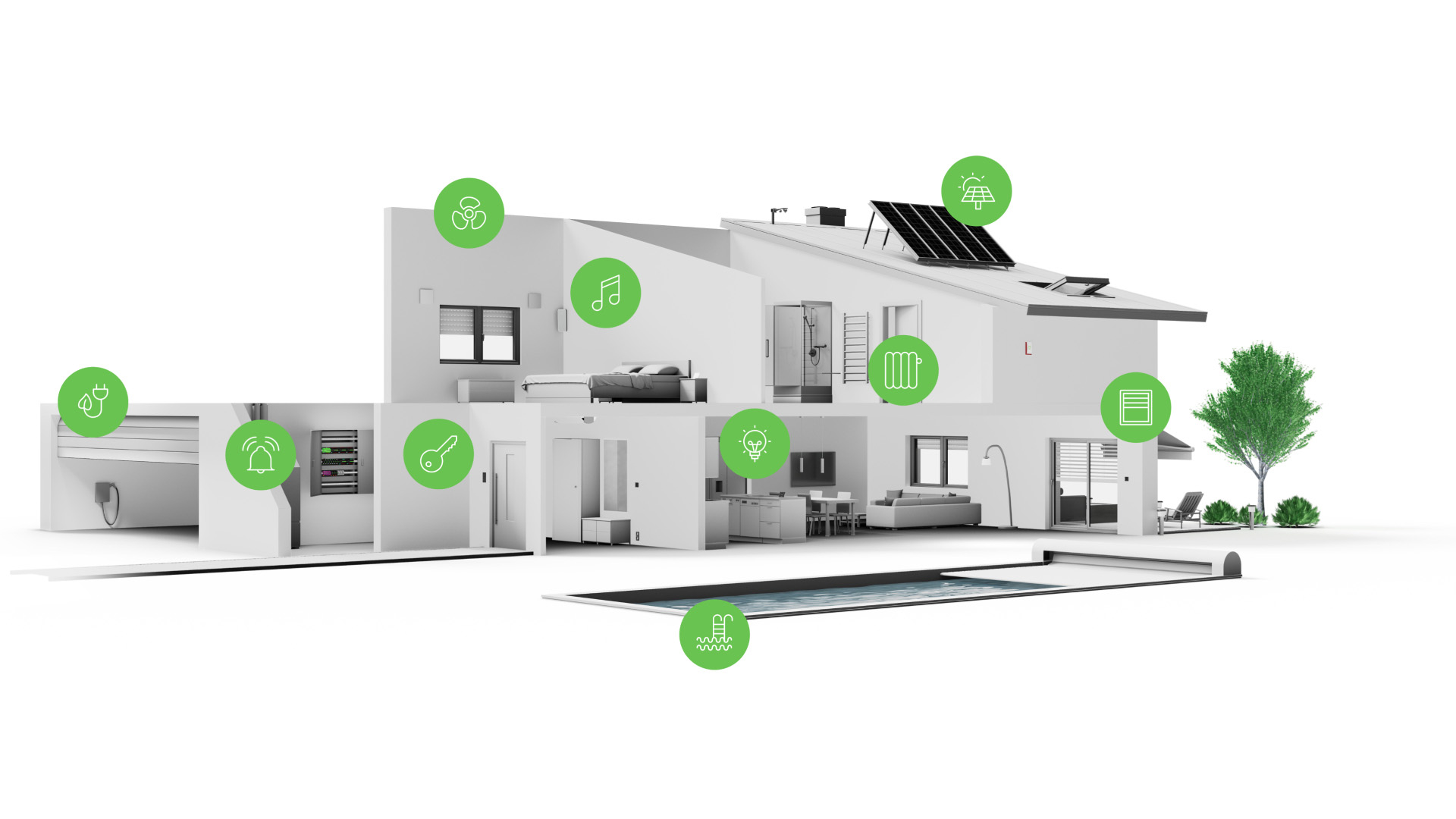In recent years, the concept of a smart home has gained significant popularity, revolutionizing the way we interact with our living spaces. A smart home integrates various devices and technologies to enhance convenience, comfort, and security. However, like any technological advancement, smart homes come with their own set of advantages and disadvantages. In this article, we will delve into the multifaceted aspects of smart homes, exploring their benefits and potential drawbacks.
Advantages of Smart Homes:
- Enhanced Convenience:
One of the primary advantages of a smart home is the convenience it offers. With the integration of smart devices, homeowners can control various aspects of their homes remotely. From adjusting the thermostat to turning on the lights, smart homes provide effortless control through voice commands or smartphone applications. This convenience saves time and energy, making daily tasks more efficient. - Energy Efficiency:
Smart homes are designed to optimize energy consumption, leading to reduced utility bills and a smaller carbon footprint. Through automated systems, such as smart thermostats and lighting controls, homeowners can regulate energy usage based on occupancy and preferences. Additionally, real-time energy monitoring allows users to identify areas of wastage and make necessary adjustments, promoting sustainable living. - Improved Security:
Smart home security systems offer advanced features that enhance the safety of your living space. With smart locks, surveillance cameras, and motion sensors, homeowners can monitor their homes remotely and receive instant notifications in case of any suspicious activities. This added layer of security provides peace of mind, especially when away from home for extended periods. - Home Automation:
Smart homes excel in automating routine tasks, making life more comfortable and efficient. From scheduling household chores to managing entertainment systems, automation simplifies daily routines. For instance, automated blinds can adjust based on natural light, and smart appliances can optimize energy usage. This automation not only saves time but also enhances the overall living experience.
Disadvantages of Smart Homes:
- Privacy and Data Security:
As smart homes rely on interconnected devices and data exchange, privacy and data security become significant concerns. Hackers may exploit vulnerabilities in the system, gaining unauthorized access to personal information or even control over the home's functions. It is crucial to implement robust security measures, such as strong passwords, regular software updates, and encryption protocols, to mitigate these risks. - Initial Cost:
The installation and setup of a smart home can be expensive, especially when considering the purchase of compatible devices and professional installation services. While the long-term energy savings and convenience may offset the initial investment, it is essential to assess the financial feasibility before embarking on a smart home journey. - Technical Complexity:
Smart homes require a certain level of technical knowledge to set up and maintain. Troubleshooting connectivity issues, integrating new devices, and ensuring compatibility can be challenging for individuals with limited technological expertise. Adequate research, training, and support are necessary to navigate the technical complexities associated with smart home systems. - Dependency on Technology:
Relying heavily on technology can have its downsides. In the event of a power outage or system malfunction, certain functionalities of a smart home may become temporarily unavailable. This dependency on technology can be inconvenient and may require alternative solutions or backup systems to ensure uninterrupted functionality.
Conclusion:
Smart homes offer a myriad of advantages, including enhanced convenience, energy efficiency, improved security, and home automation. However, it is crucial to consider the potential disadvantages, such as privacy concerns, initial costs, technical complexity, and dependency on technology. By understanding and addressing these aspects, homeowners can make informed decisions and fully enjoy the benefits of a smart home while mitigating potential risks.


